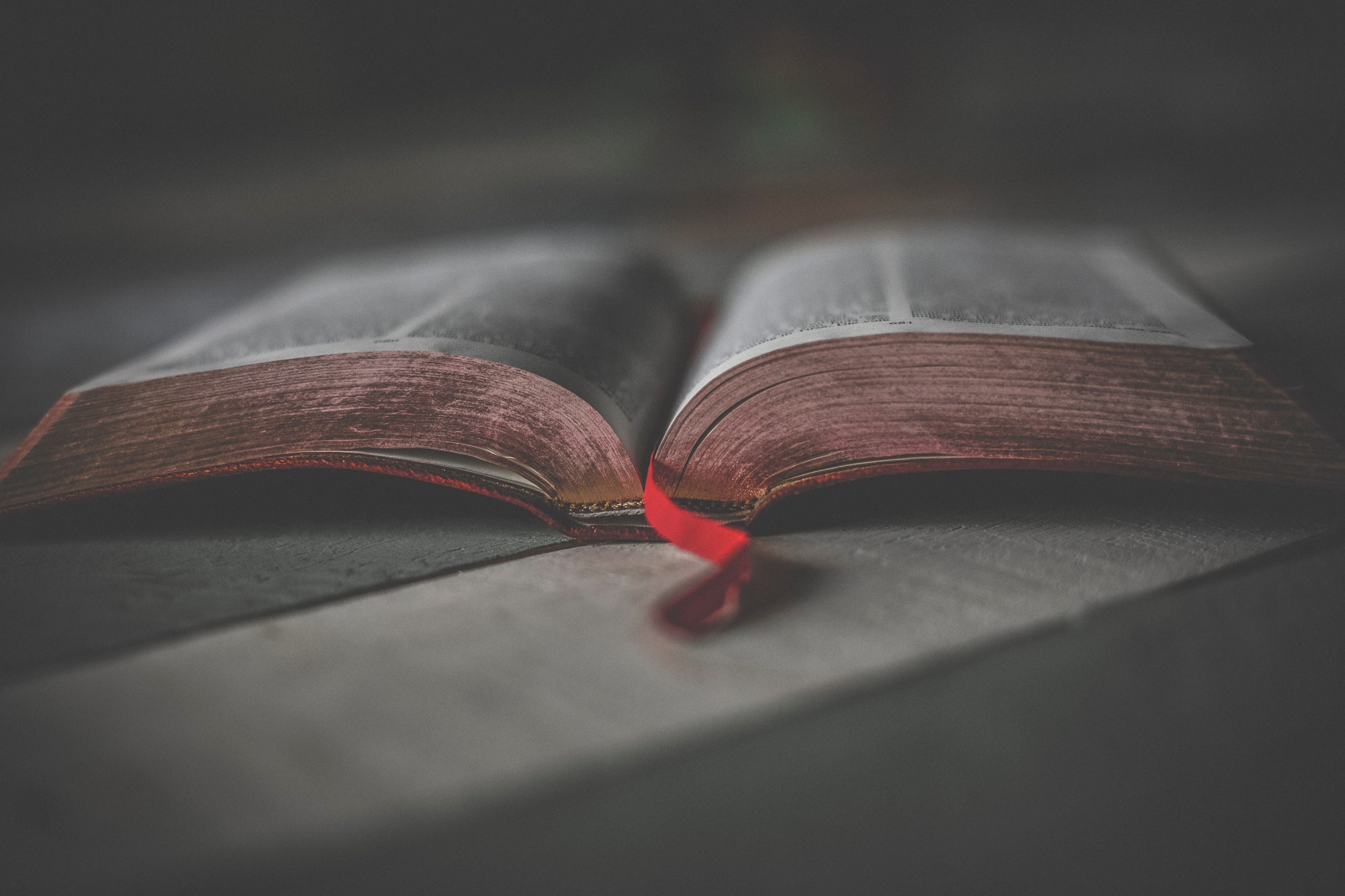The results are in, and the news isn’t good for the church. According to a recent Gallup poll, less than half of Americans (47%) report that they hold membership in a religious congregation. This is down from a high of 73% in the immediate post-World War II era.
It doesn’t matter if you break it down by race or region, gender or generation, political party or socio-economic status, every demographic segment showed losses of formal religious commitment.
For nearly six decades, the percentage of citizens who were members of a church, synagogue or mosque remained steady at about 70%, making America a de facto religious nation, albeit not one with any official religion. The change is most notable in the last two decades, as we have seen a dramatic loss of 20% due mainly to the rise of the so-called “Nones” — that is, those who self-identify as religiously unaffiliated.
This is chilling news to congregations of all faiths as we begin to emerge from our COVID-19 interregnum. The hope of returning to normal is hardly hopeful. Talk among clergy of a “new normal” is more about how to expect less. The positive correlation between levels of participation and donations bodes negative for the future in this light.
What’s the problem?
Religious leaders quickly blame the spirit of the age. It’s the soulless media, godless schooling, unadulterated materialism or unprincipled politics.
The real answer may be uncomfortably closer to home. It’s the young who are disproportionately leaving. They cite hypocrisy, discrimination and power politics by religious leaders and their faithful followers as reasons for opting out.
Chesterton famously called America a nation with the soul of a church, because of our founding creed in the Declaration of Independence that “all men are created equal.” But nowadays one wonders if the problem isn’t that the American church has the soul of a nation. That is, our congregations too often reflect the dominant values of society.
Faith is a lived experience, not just a feeling you have in your heart. Faith is like learning a language: You need to be part of a culture that speaks it fluently and interprets its rituals by it if you are to master it yourself. Whatever culture you immerse yourself in, that is the language you will default to — whether secular or religious.
Faithful participation — which membership implies more than guarantees — is crucial to the formation of a spiritual life. It creates a set of glasses through which to view the wider world with discernment of what is wise and foolish. Or better, it creates an alternative world within the world that offers identity, security and meaning. These things can carry you through the ups and downs of human existence.
Regardless of your religious label, the words of the writer of the epistle to the Hebrews make sense: Let us consider how to provoke one another to love and good deeds, not neglecting to meet together, as is the habit of some, but encouraging one another …
GEORGE MASON is pastor of Wilshire Baptist Church, president of Faith Commons and host of the “Good God” podcast. The Worship section is underwritten by Advocate Publishing and the neighborhood businesses and churches listed here. For information about helping support the Worship section, call 214.560.4202.






